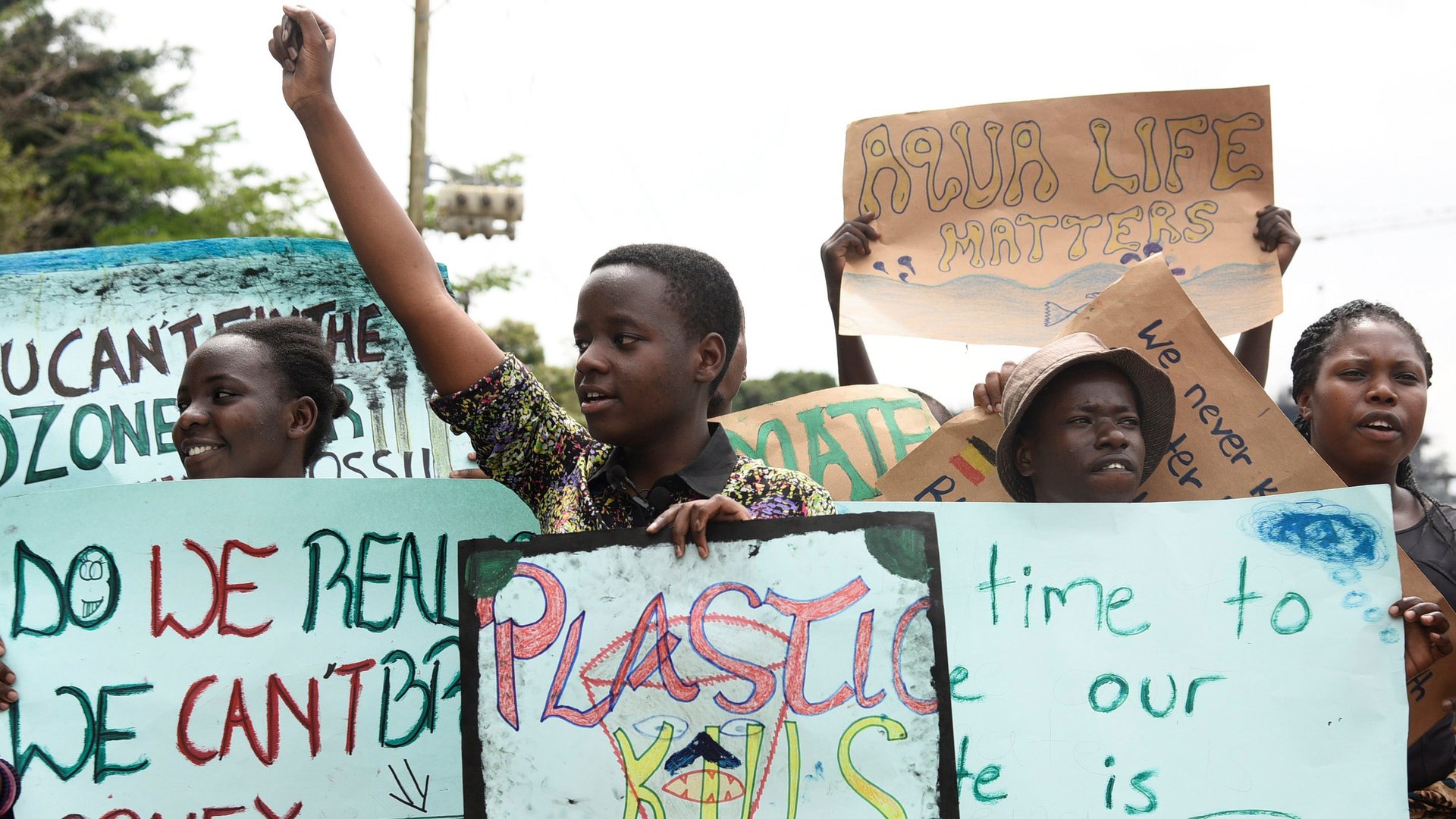The UN just elevated its greatest allies in the climate fight: the youth
It’s been 31 years since the United Nations created the Intergovernmental Panel on Climate Change (IPCC). Year after year, the convening countries have published ever-more urgent reports documenting what humans are doing to the climate. The panel has pointed out strategies to tackle the growing crisis—but it can’t turn recommendations into action. That decision is a political one that each country has to make on its own.


It’s been 31 years since the United Nations created the Intergovernmental Panel on Climate Change (IPCC). Year after year, the convening countries have published ever-more urgent reports documenting what humans are doing to the climate. The panel has pointed out strategies to tackle the growing crisis—but it can’t turn recommendations into action. That decision is a political one that each country has to make on its own.
After three decades of diplomatic efforts, the UN may finally have an ally to help galvanize action: the youth. No one understands the magnitude of the challenge better than the young people who stand to inherit our climate crisis. Better still, many among them, such as Swedish teenager Greta Thunberg, quote paragraphs and page numbers from IPCC’s own reports.
To support the rapidly growing movement, the UN is elevating these young advocates. On Sep. 21, two days before the UN convenes its Climate Action Summit in New York City, the global body has organized the first-ever Youth Climate Summit. And in typical UN style, it has chosen to give a platform not just to people like Thunberg who’ve caught the attention of the world, but to voices from much of the poor world that will suffer the worst consequences of the climate crisis. Thunberg, who has always said the focus should be on the message, not the messenger, will likely be pleased.
On Aug. 20, the UN announced that it is providing “green tickets”—journeys designed to be as low-carbon as possible, according to a spokesperson—to bring a gender-balanced group of 100 young people from 100 countries to the Youth Climate Summit. Ninety-nine of them are under the age of 30. The group includes a renewable-energy entrepreneur from Rwanda, a plastics activist from Serbia, a founder of an environmental NGO from El Salvador, and many of the lead organizers of the international School Strikes for Climate launched by Thunberg.
Here’s the full list of those who agreed to share their names.